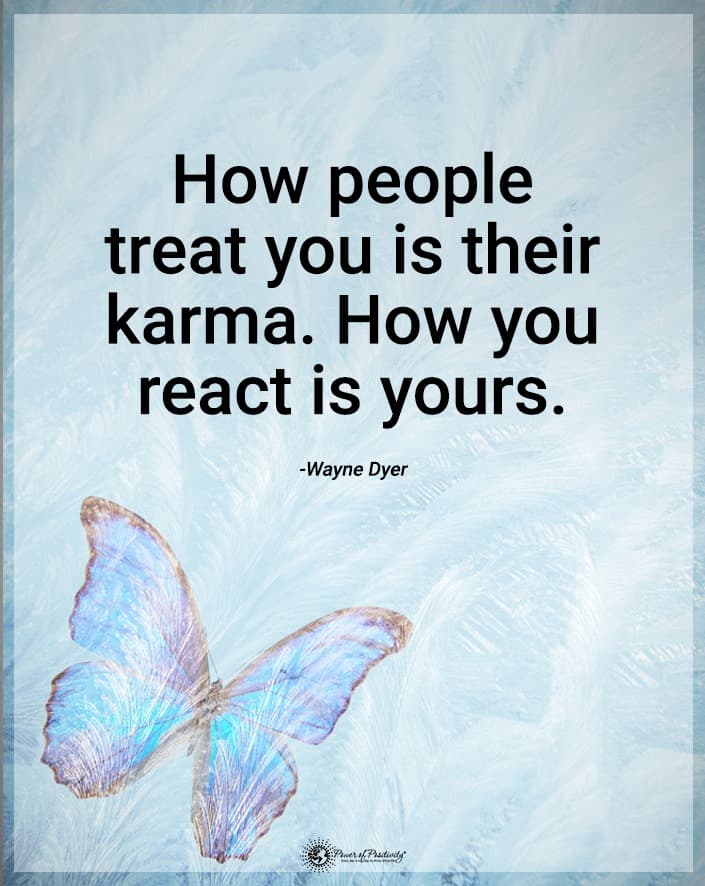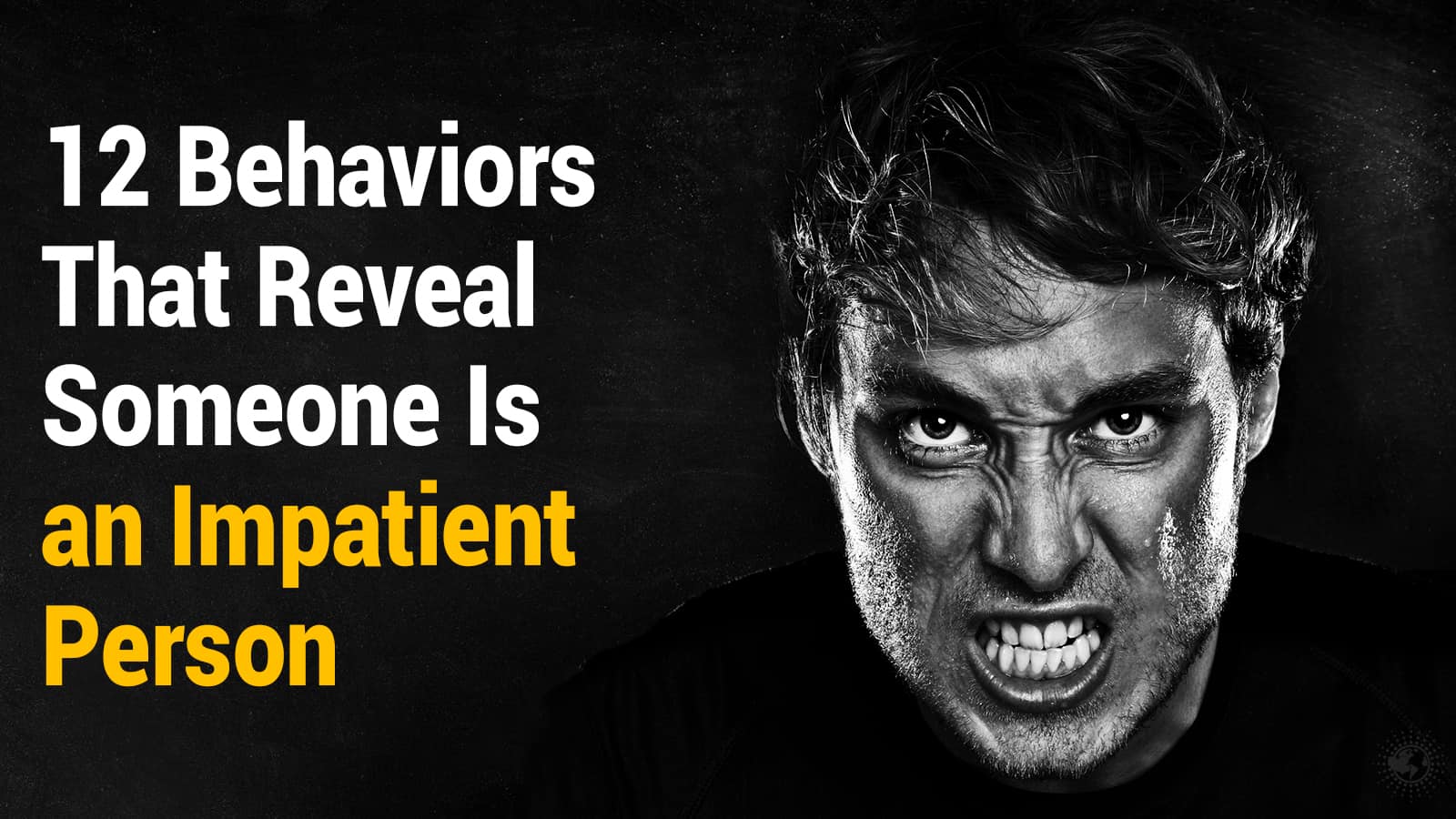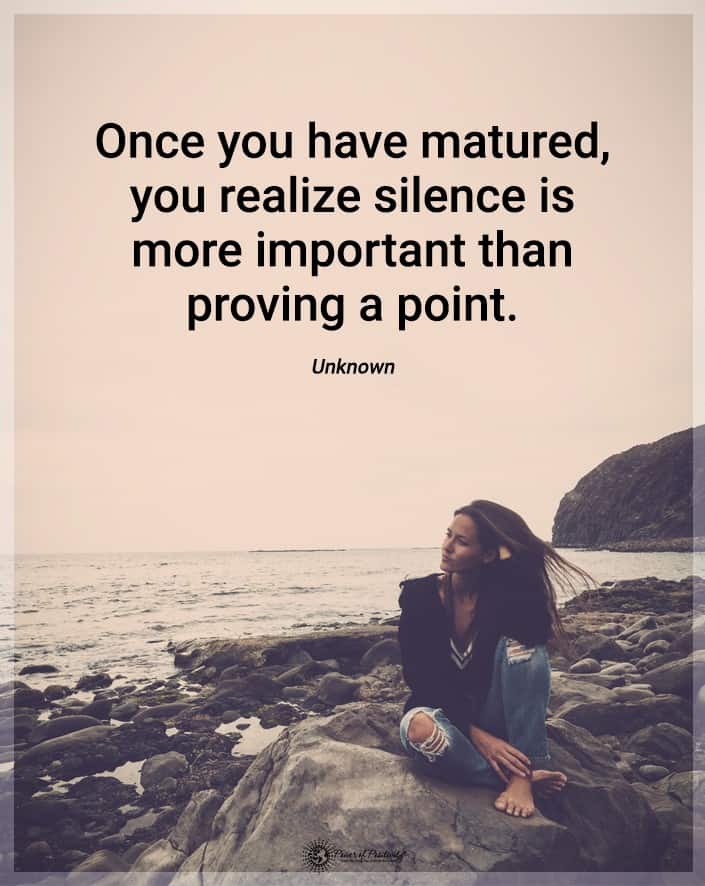Have you ever had to deal with rudeness or selfishness? It can be a real pain to put up with, and worse still, they often have a way of twisting situations, so you end up looking like the bad guy!
If you have no choice but to share spaces with someone who behaves this way, you’ll need to be equipped with a bit of knowledge to survive their onslaught. Here are four practical ways to deal with rude and selfish people.
1. Don’t Take It Personally
A lot of people wind up making the mistake of taking rudeness personally. That’s how you end up in situations where you’re invested in a clash with a selfish person and wind up losing your time and energy to them. Don’t let this happen!
Of course, that’s easier said than done. Rude people have an uncanny ability to get the attention they’re craving, and it’s tough not to respond to unfair or unfavorable treatment from anyone. So here’s how to stop taking it so personally:
 · Understand That This Happens All The Time
· Understand That This Happens All The Time
Selfishness and rudeness are hardwired into human nature; think back on the academics of old and their complaints regarding uncouth behavior! As such, when you’re on the receiving end of rudeness, it’s essential to understand that this isn’t a new phenomenon; people are selfish everywhere, all the time, and you’re just the unlucky person who happens to be on the receiving end this time.
· Don’t Read Into Or Overthink It
It’s easy to wonder what you’ve done to deserve the selfishness or rudeness of others. Maybe something this negative person says has made you wonder if you’re at fault, or perhaps an offhand rude comment has your brain turning it over and over. Don’t overthink these things. A rude person doesn’t think you’re bad at what you do. They want to find something wrong with you and pick up whatever they can barely grab at.
· Don’t Treat It As An Attack
Now you know rudeness and selfishness aren’t usually personal – so stop responding to those traits as if they’re attacks on you. They’re not attacks. They’re just random throws and hits on an arbitrarily picked target. The less you consider their selfishness a threat, the easier it’ll be for you.
2. Ignore The Person And Their Behavior
People who treat you poorly, behave with toxic action, and bring down the people around them aren’t people who are worth any time, effort, or energy. That’s why it’s often best to ignore someone who behaves in selfish and rude ways. Here are some tips for doing this:
· Don’t Make Eye Contact
Eye contact automatically communicates that you’re engaged with something, even if you aren’t. It’s a signal that you’re paying attention and handling rude people. It’s likely not a signal you want to give.
But don’t look down, as this communicates submissiveness or lack of confidence in the face of disrespect. Instead, look away, gazing straight in another direction, as if you’re looking at something in the distance.
· Face Away With Your Body
Body language can speak louder than anything you say, meaning you can say positive things. Still, your body language will communicate your disdain to people if you’re not being sincere. When dealing with selfish people, this allows you to maintain politeness without engaging. You can respond relatively neutrally but face your body away, crossing your arms, and you’ll be sending signals that you’re not interested.
· Show No Emotion
It’s easy to become angry at someone behaving selfishly or rudely, but don’t bother sinking to that level. Instead, react with no reaction at all. Often, these people want to get a rise out of you and become bored when they see that this isn’t working. A straight face or poker face is more than enough to send the message that you don’t think engaging with them is worth your time.
· Walk Away
There is wisdom in knowing when to physically and spatially disengage from a situation with someone rude or selfish. Give a short, neutral response to the rude individual, then turn and walk away with your back straight and a confident stance. For people you don’t see often, this gives you the chance to escape this encounter. For people you’ll have to see again soon, it sets a boundary and gives you both space to breathe.
· Opt For All-Out Avoidance
If someone is particularly selfish or rude and you’re at the end of your rope, simply avoiding them altogether can allow you to escape their negativity. When communication, boundary-setting, and redirection don’t cut it, you’re well within your right to cut a person off – or go a long way around at work, so you don’t have to see them. You can also mute someone on social media, block their calls, or stop responding to their goading messages if it happens virtually.
 3. Don’t React With Toxicity
3. Don’t React With Toxicity
It’s tempting to react to toxic behavior with some toxicity of your own. But not only do two wrongs not make a write, but this is also more wasted effort and time into someone who isn’t worth it. Anyway, why stoop to their level? Here are some tips for continuing in this mindset:
· Don’t Escalate
Yes, selfishness and rudeness are very infuriating traits, mainly when directed towards you. But by escalating, you’re wasting your effort on someone unlikely to change their nature, and it causes unnecessary hassle and stress in your life. It’s much easier in the long-term to take a deep breath and focus on positive thinking. You may have to bring up this behavior to a superior or authority figure in some situations, and you’re welcome to do so. But don’t escalate by lashing out at the insolent person. It’s not worth it and won’t do anything to change your circumstances.
· Don’t Fan The Drama Flames
It’s tempting to want to talk or gossip about someone notorious for being selfish or rude. But doing so gives them more airtime and attention, and it can worsen the stress of both you and the people joining in on the gossip. Again, it’s simply not worth it!
· Stop The Cycle
Rudeness and selfishness often occur in a cycle. When one person behaves rudely, others respond in kind, often projecting their annoyance onto other individuals. This carries on and builds until positive thinking is lost and everyone is affected by poor mood and bad temper. If it sounds far-fetched, think of it this way. One rude act can make you angry enough to act rude to three other people because of your mood, and that rudeness spreads from those three to even more people. It’s a deadly cycle, and you can end it by simply not reacting with negativity to selfishness or rudeness.
· Don’t Force A Person To Change
Some people want to have certain negative traits, or they don’t believe that what they’re doing is harmful. At that point, it’s important to remember that you cannot make someone else change their behavior. In fact, attempting to force a change can push them further into their habits, having a counterproductive effect.
4. Call Them Out
A lot of selfish and rude people are used to being allowed to get away with their behavior. They enjoy the negative attention, and most people try not to rock the boat by directly fighting them anyway. That’s how this insolence has been able to continue – this person thinks there are no consequences for their actions!
Most people are afraid of confrontation, which may also be why this person hasn’t been called out. You can change that. Directly pointing out someone’s rude behavior forces them to acknowledge it somehow, and it sets a clear line: you’re not one to be treated poorly, and you won’t take it lying down.
But, as you’re probably thinking, this does present some problems. Calling someone out can end poorly or even become counterproductive if not done well. Here are some tips for calling out selfish and rude behavior in others:
· Be Straightforward
No one likes someone who beats around the bush. It’s frustrating to have to try and find hints, and there’s a chance someone may not notice what you’re implying at all. So be direct. Point out someone’s hostile actions, ask them why they’re doing it, and cut to the chase quickly. This gives no room for error and gets the job done quickly.
· Remain Calm
A lot of rude people enjoy the ability to get under other people’s skin. Displaying anger, aggression, or even sadness can fuel their desire to continue behaving negatively. So stay positive and calm, so it’s clear that you’re serious, not hindered by emotion, and not opening yourself up to having your buttons pushed further. Think before you speak and take the high ground.
· Try Some Humor
Using humor is an excellent way to diffuse a situation, and it can have a positive effect on conflict. Make light-hearted, non-sarcastic jokes that point out someone’s actions and laugh in as authentic a way as possible. You want to remain smiling and friendly, so the rude person doesn’t immediately jump into defense.
· Use “I” Statements
If you’re trying to solve a problem, you’ll want to communicate in a way that inspires understanding, not defense. Use language that puts you first instead of “you” statements that directly accuse them of something. For example, say, “I felt unheard when you talked over me” as opposed to “You never listen.”
· Be Somewhat Empathetic
Look, there’s no excuse for rude behavior. But trying to understand why someone is behaving in the way they are can help you to humanize them better, know that it’s got nothing to do with you, and learn to circumvent this treatment in the future. There’s even a chance that a bit of empathy makes the selfish person less rude – though you shouldn’t hold your breath!
 Final Thoughts On Some Effective Ways To Deal With Rude And Selfish People
Final Thoughts On Some Effective Ways To Deal With Rude And Selfish People
The world is full of different people, including those who aren’t the most agreeable. Some may be rude, selfish, or otherwise toxic in some way. Learning to deal with people like this in positive and effective methods will allow you to avoid the harm they may cause and move on with your life in peace.




















